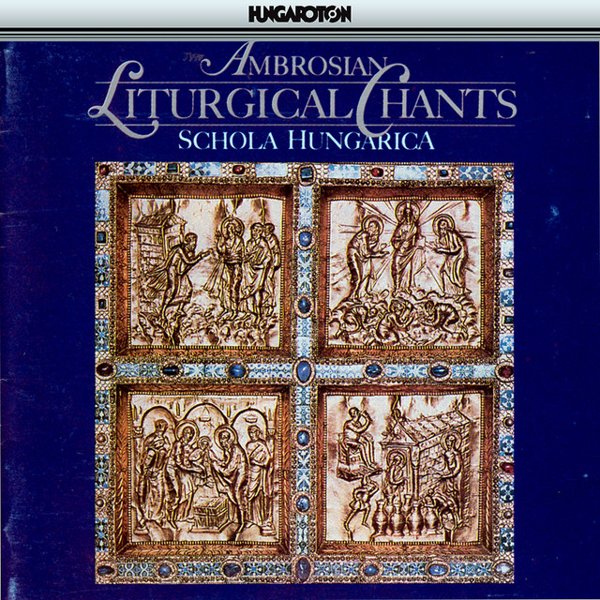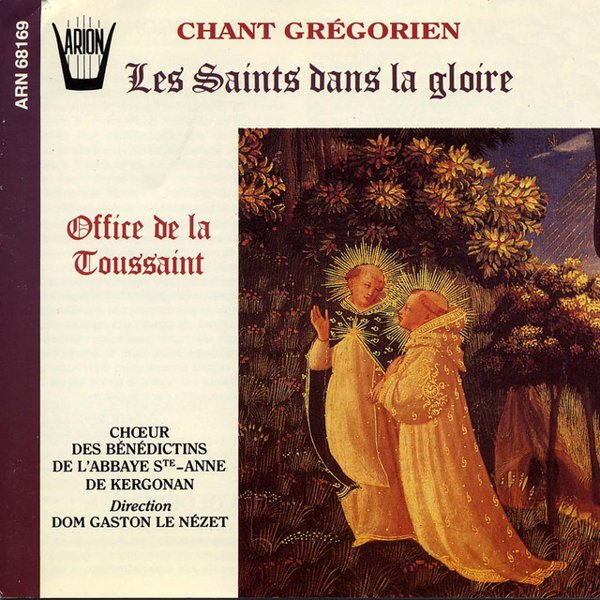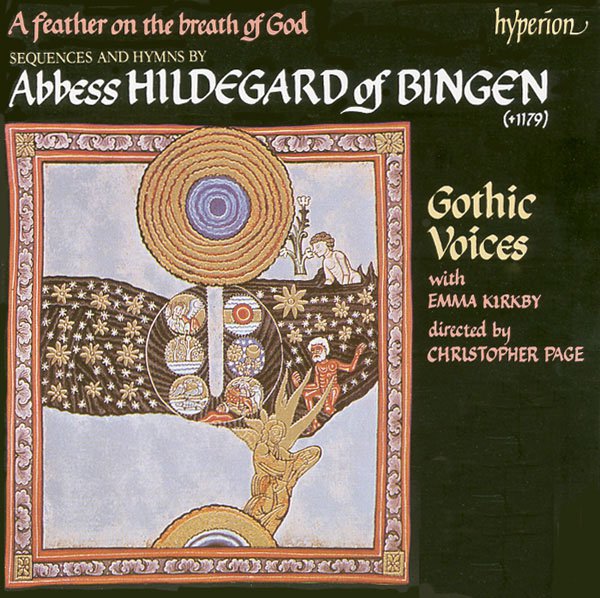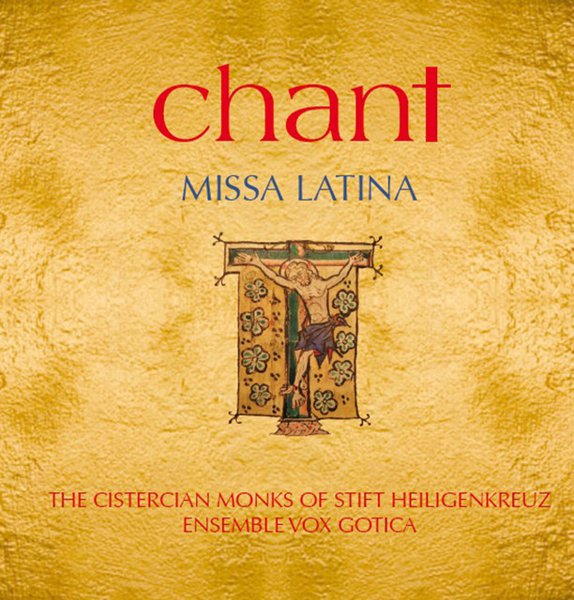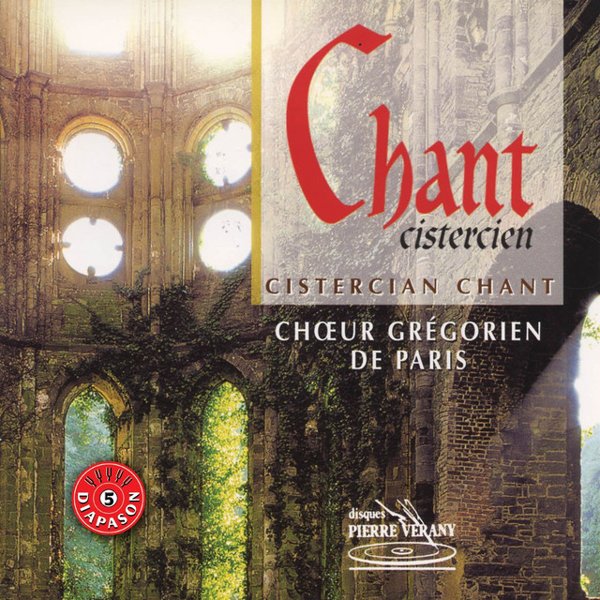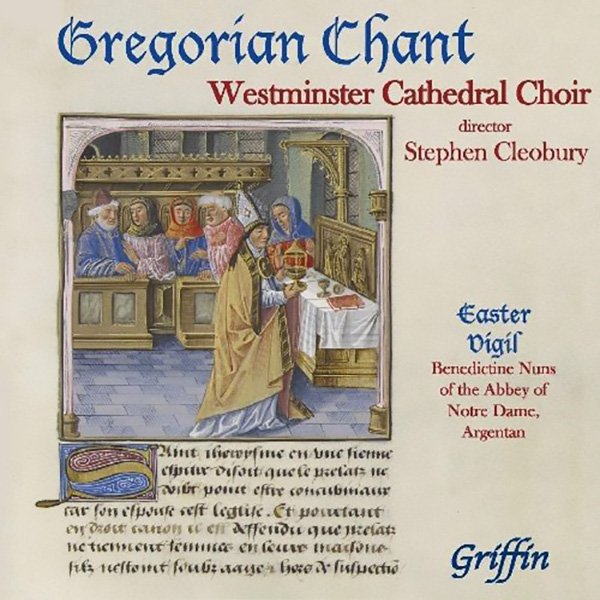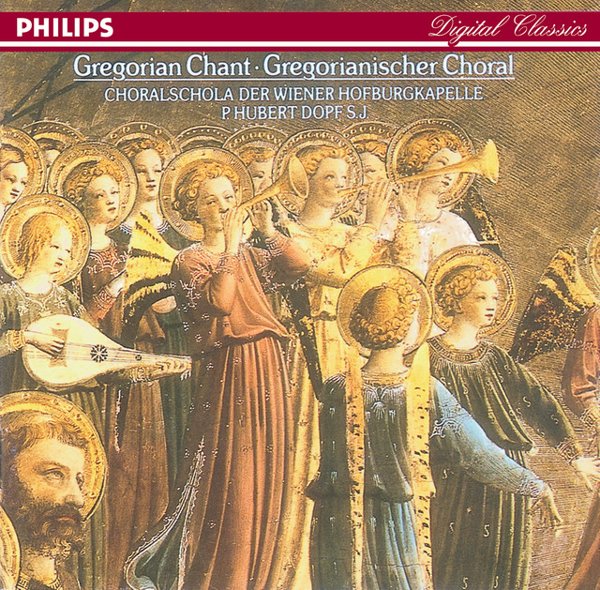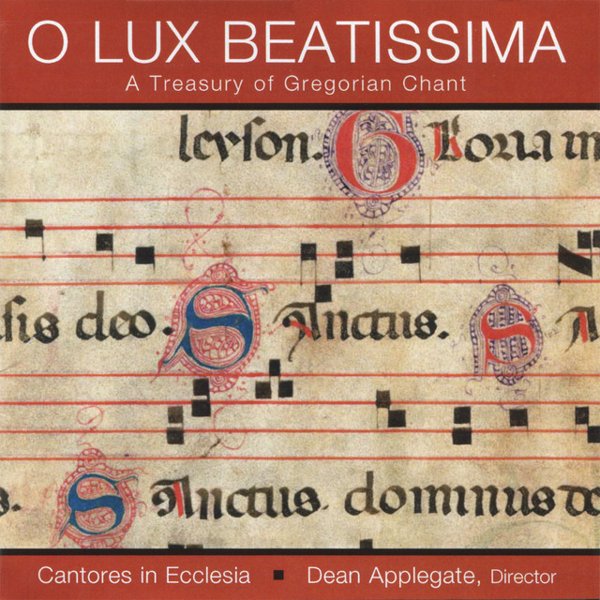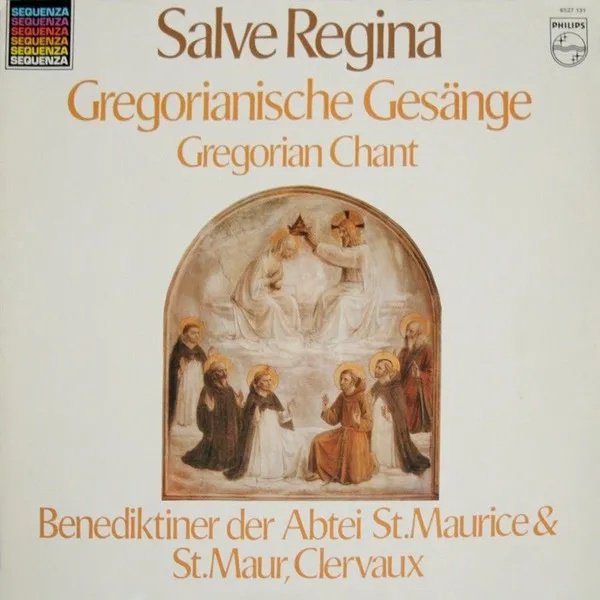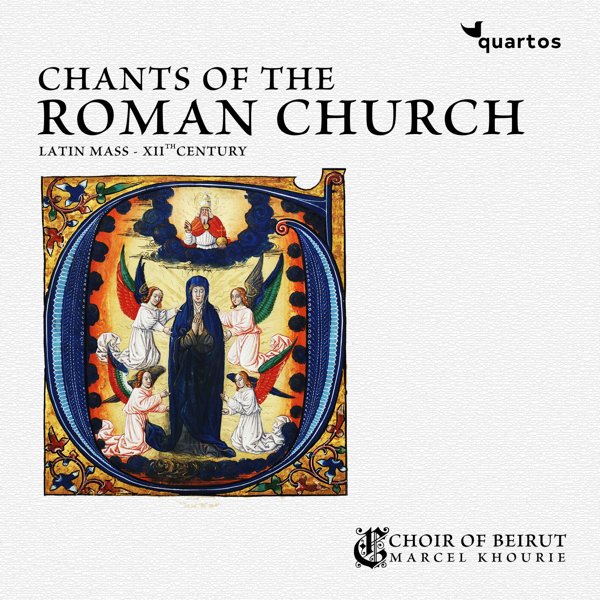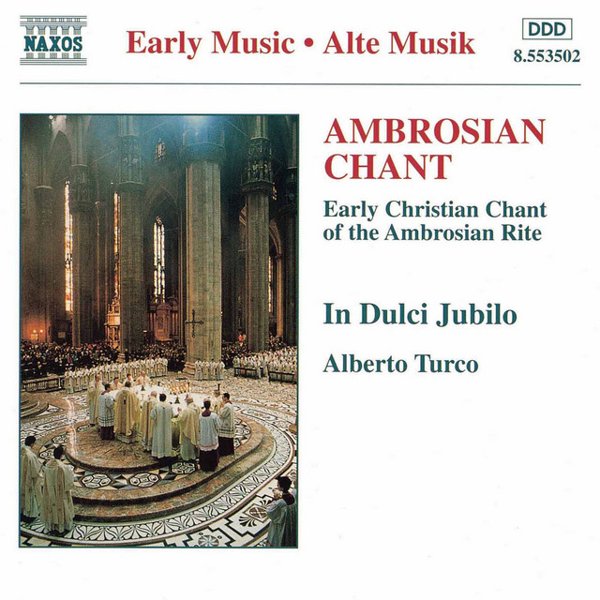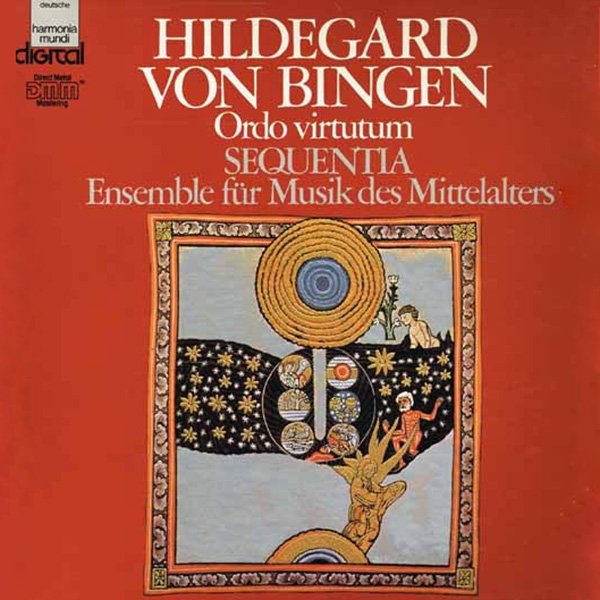The term “plainchant” (or sometimes “plainsong”) refers to the unaccompanied liturgical singing that was used in the Christian Church during most of the first millennium C.E. It is sung in unison, without harmony, and without instrumental accompaniment. The type of plainchant most familiar to modern listeners is Gregorian chant, which emerged in the 6th century, but there are other kinds as well, including Ambrosian and Cistercian. The composers of most plainchant melodies are unknown, but there are a few composers whose identities have remained attached to their work – one of the most notable of whom is Hildegard of Bingen, a 12th-century abbess in Germany whose music enjoyed a huge revival of interest in the late 20th century. Catholic, Anglican, and Orthodox Christian churches continue to use plainchant in their worship services today.

